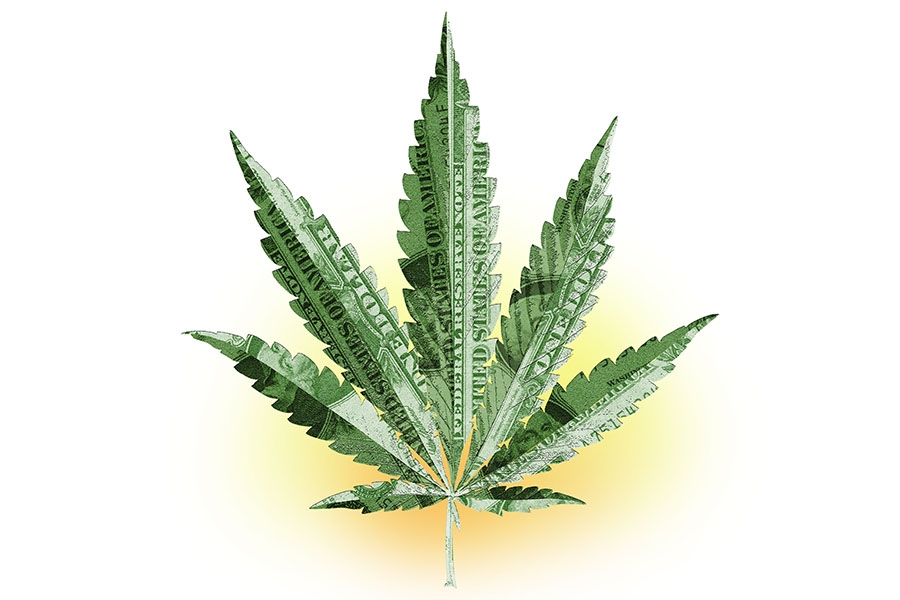Sales of recreational cannabis have surged, breaking state records, but experts warn of stormy seas ahead.
At the end of June, the cannabis industry received news that might have some sellers breathing easy.
The monthly sales report from the Oregon Liquor Control Commission reported cannabis sales reached a total of $103 million in May – a 60% increase compared with the same time last year. It marks a three-month streak in record-breaking cannabis sales.
Although cannabis revenue has spiked, the gains have not been evenly distributed across the industry.
Katie Stem, CEO of Peak Extracts, says her cannabis extraction business saw above-average sales in Portland, Bend and Eugene in March.
She added sales at the Coast have not materialized. Typically, the July 4th weekend sees a boom in tourist activity along the Coast. Stem expressed concern for those in her industry who rely on coastal sales for revenue.
“It’s really disappointing for the Coast. I hope they’re going to survive this.”
RELATED STORY: High Times
The pandemic has also affected consumer behavior when it comes to buying specific cannabis products. As much as sales have been affected by region, they are not evenly distributed across products, either.
“People are going to be confused about the money and think everyone is doing better,” says Stem. “The higher THC [tetrahydrocannabinol] cheaper products are going to be up and craft products are going down. There are several of our peers who are struggling in the boutique market.”
Matt Karnes, founder of GreenWave Advisors, a firm that analyzes national and statewide cannabis trends, says the industry is in a bit more trouble than the glowing numbers would suggest. Government stimulus checks might be behind the short-term surge, and an economic downturn could result in increased sales in the illicit market.
“April was more of a jump in terms of percentage, and May seems to be leveling off. ” he says. “Going forward, my concern is cannabis users buying on the illegal market. If more people don’t have money they might start to grow.”
Karnes points to Colorado. The state actually saw a decrease in sales between March and April. He cites rising food prices and people out of work as reasons to expect the cannabis industry could be in for a rude awakening.
“As the pandemic continues its assault on the economy it stands to reason that disposable income levels will lessen. Consequently, we believe its likely that the average cannabis consumer could revert to the illicit market putting further pressure on legal sales channels.”
Not only that, Karnes says that federal action designed to help the cannabis industry, such as the SAFE Banking Act, has stalled in the Republican-controlled Senate.
For now, Stem is using the boost in sales to create a robust online market as well as begin a new hemp division. While the sharp boost in sales could be temporary, increased demand for cannabis will continue as the pandemic stretches on, she says.
“I don’t think the pandemic is going anywhere anytime soon, and cannabis is good for anxiety,” she says. “If people aren’t not anxious, I’m not sure what they’re pretending is going on.“
To subscribe to Oregon Business, click here







